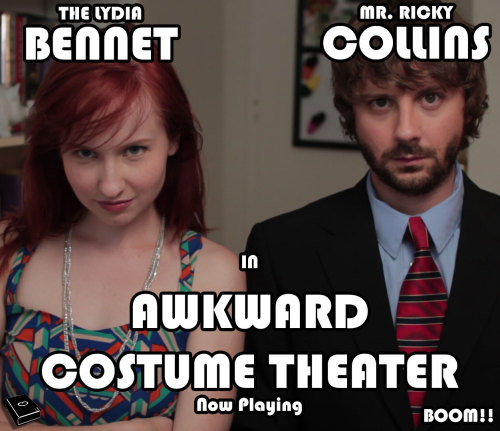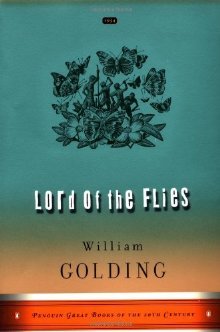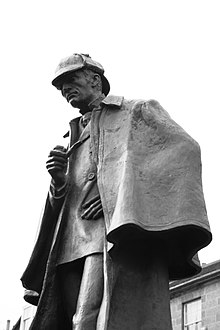 So, when I discovered The Lizzie Bennet Diaries, I was a bit hesitant. I'm especially wary of modernizations of Austen's works. Some things work well in 19th century England but not in modern America, like Charlotte and Mr. Collins. However, I've been really impressed with how they've adapted and in some cases expanded the story.
So, when I discovered The Lizzie Bennet Diaries, I was a bit hesitant. I'm especially wary of modernizations of Austen's works. Some things work well in 19th century England but not in modern America, like Charlotte and Mr. Collins. However, I've been really impressed with how they've adapted and in some cases expanded the story.The Lizzie Bennet Diaries is a Youtube webseries developed by Hank Green (brother of John Green) and Bernie Su. It's been running since April and has a format different than anything I've seen before. Lizzie posts new video blogs every Monday and Thursday. Aside from the main story in the vlogs, she and the rest of the characters are on Facebook, Tumblr, and Twitter in character and their interactions on social media are not just for fans--they add to the story. Caroline and Bing's conversations are not essential to the progression of the plot, but we get to see another dimension to their characters. And if you tweet them, they respond in-character. It gets sort of meta-fictiony at times. Even knowing full well that it's a fictional work from 200 years ago, it's sometimes easy to forget that these are not real people.
 I love what they've done with the characters, especially Lydia. I've never liked Lydia. She's so flighty and brainless and boy crazy and reckless. In the Diaries, she still comes off that way at the beginning, but as you get later in the series you catch glimpses of Lydia being genuinely hurt by Lizzie calling her a skank. You see her really care about her sisters. Especially in some of her recent vlogs (Lydia has her own channel), we see more of her personality from her own point of view, rather than always filtering through Lizzie's commentary. We are starting to see more about why she is so casual with guys beyond just her party-craze: every guy in her life has let down or hurt either her or her sisters. I don't know yet how the Lydia/Wickham situation will work, but I think it will be deeper than just a night in Vegas. I'm excited to see how it turns out. She's a deeper character in this adaptation than she usually is, and I find her story very interesting.
I love what they've done with the characters, especially Lydia. I've never liked Lydia. She's so flighty and brainless and boy crazy and reckless. In the Diaries, she still comes off that way at the beginning, but as you get later in the series you catch glimpses of Lydia being genuinely hurt by Lizzie calling her a skank. You see her really care about her sisters. Especially in some of her recent vlogs (Lydia has her own channel), we see more of her personality from her own point of view, rather than always filtering through Lizzie's commentary. We are starting to see more about why she is so casual with guys beyond just her party-craze: every guy in her life has let down or hurt either her or her sisters. I don't know yet how the Lydia/Wickham situation will work, but I think it will be deeper than just a night in Vegas. I'm excited to see how it turns out. She's a deeper character in this adaptation than she usually is, and I find her story very interesting.Other random thoughts: Charlotte plays a much bigger role and is awesome. We see more of Lizzie's flaws through her vlogs; she comes off at times as judgmental and vindictive sometimes. I tend to idealize Elizabeth in the book and the Colin Firth movie, but she is a real, flawed person in the Diaries. Mr. Collins is outrageous, as always. Lizzie's impersonations are hilarious. Fitz would be an awesome friend to have in real life and needs to be in the series more. Some of the beginning episodes are a bit meh, but stick with it and they get better.
This is Lizzie's YouTube channel.
You can find the whole story in chronological order combining all social media outlets here.
And here is the first video. A warning: don't start watching the series unless you either have phenomenal self-restraint or a couple of hours you can dedicate to watching the whole series without guilt. Once you start watching, it is really, really hard to stop. Use extreme caution as finals approach.










